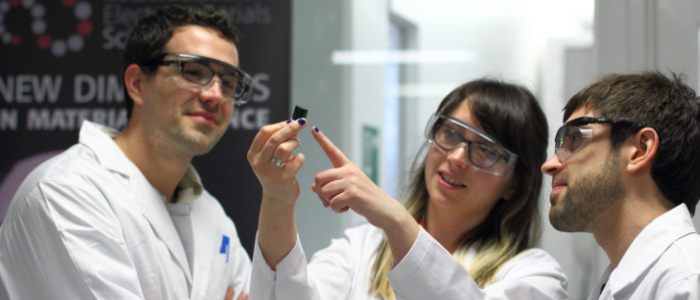News
3D printing bone tissue
Jun 28 2022
The chance to accelerate the understanding of biochemical processes created a buzz at a mini-symposium at the University of Tasmania recently as ACES strengthened its reputation for fostering collaborations with industry.

The event focused on the development and application of microfluidics, with an emphasis on the use of 3D printing, and was held to demonstrate how ACES can facilitate building partnerships and bringing like minds together.
ACES Theme Leader Electrofluidics and Diagnostics Professor Brett Paull said about 30 attendees, including industry representatives from Romar Engineering and Trajan Medical and Scientific (ASTECH), learnt about the application of 3D printing to microfluidic analytical devices, the development of microscale bio- and chemical reactors and the design and development of microfluidic platforms to stimulate and study cell growth and function.
“There was an obvious excitement among attendees that the rapid progress of 3D fabrication technologies is going to significantly speed up the development of new coupled micro-fluidic technologies, with talk of integrated systems of fluid delivery, cell culture, and post-culture solution based analysis,” he said.
“This paves the way for intimate control of the environment in which such cultures are studied and better understanding, in real time, of biochemical processes taking place.”













